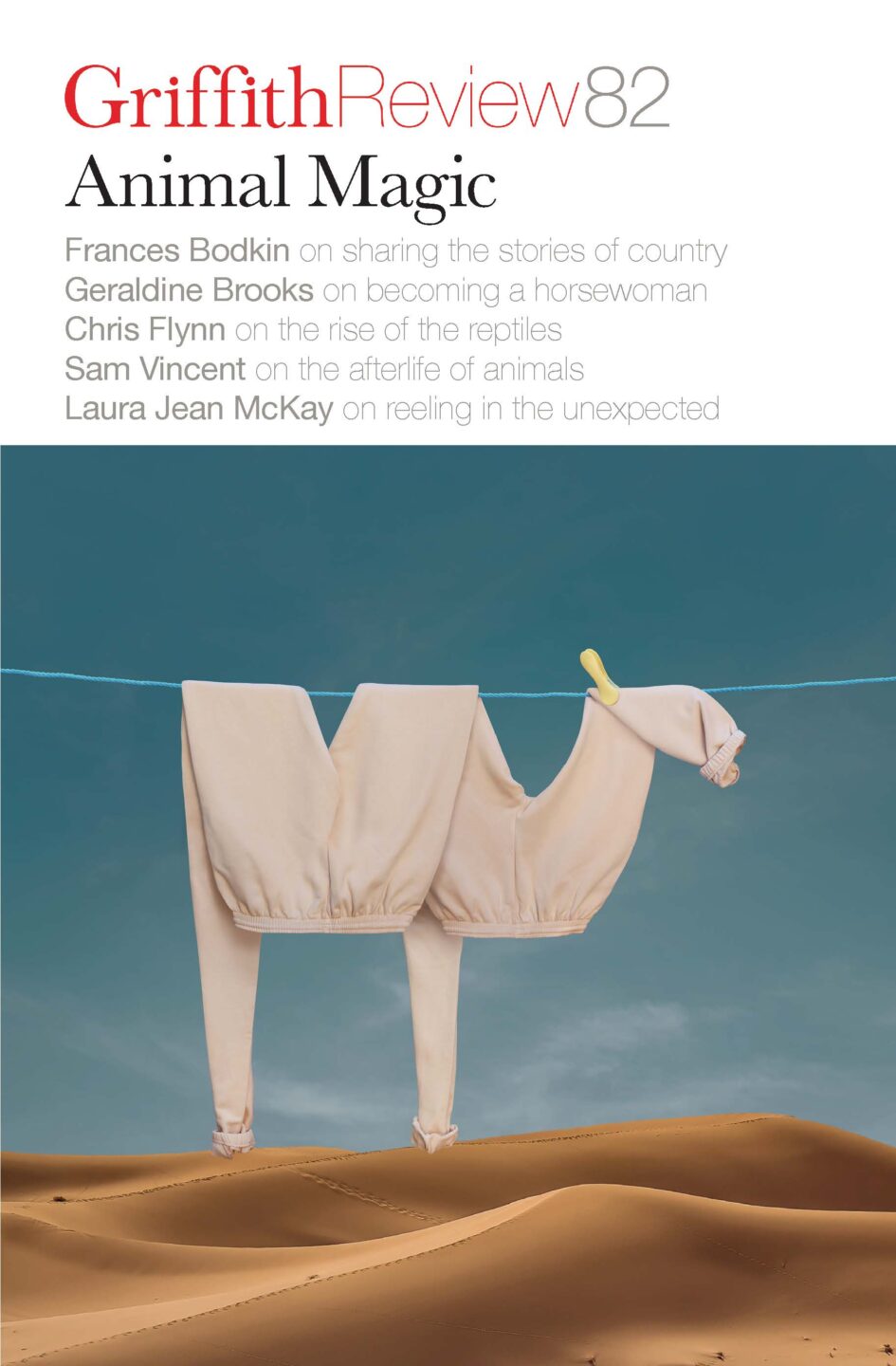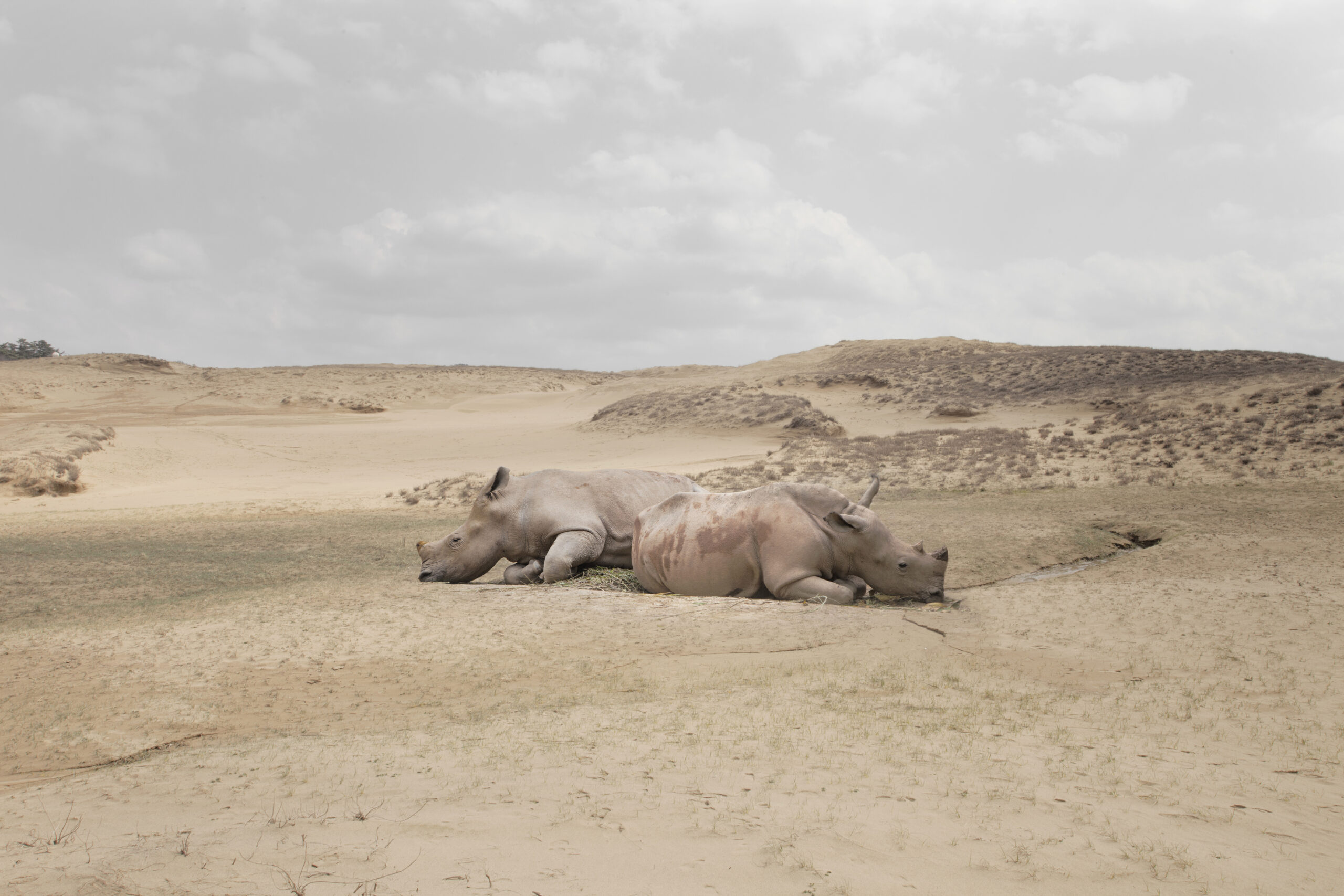Featured in

- Published 20231107
- ISBN: 978-1-922212-89-4
- Extent: 208pp
- Paperback, ePub, PDF, Kindle compatible

two black cats patrol our street
felix and jango
I can’t tell them apart
when I see one of them walking past
I say, ‘hey felix or jango’
they don’t bother to look at me
they know I’m a dog person
and they know I know they know
felix comes from up the street
jango lives in the house opposite ours
they’re pretty good at avoiding each other
but every now and then
they’ll end up on the same stretch of paving
and have to work things out
sometimes it’s a mini fracas with a few pretend screeches
other times it’s a full-on fight with genuine screams
these run-ins happen beneath my study window
I’m convinced they’re in a territorial battle
over who gets to ignore me
when we moved onto the street six years ago
the previous owner explained
‘there’s a black cat, he’s in and out all the yards
the last couple of years he started coming inside
we love him, you’ll love him
his name’s felix’
we had a dog, so felix never came around
then our dog developed arthritis
and felix started dropping by
he’d slink over the fence and slowly cross the yard
he’d pause beside our sleeping dog
right at his nose
and glance up at me in the kitchen window
he meant it as a threat
then he’d move on, and lazily hop up over the fence
into the neighbouring yard
jango and I properly met when his family were away
I popped across every day
to check on his water and food
and clean out the litter tray
after a time jango got comfortable with me
and began requesting affection
when I finished my chores I’d sit on the floor
and wait for him to emerge from under the bed
and circle me
he’d lean into my back and legs
and invite me to stroke him
by the time his family returned we were best mates
but jango ghosted me
I didn’t take it personally
I’d have taken it personally if jango was a dog
now, whenever I see him on the street
I call out, ‘jango’
he darts a little way into the distance, and turns around
and stares back with untrusting green eyes
I hold out my hand, and call again
he never approaches
honestly, it’s probably felix half the time
cats know when you don’t know
last night felix and jango got into it
it was past midnight, and I was up late in my study
first it was screeches, then silence, then more screeches
I cocked my head, knowing it could go either way
I was hoping one of them would take the higher ground
maybe scuttle off, or step to the side so the other could pass
but felix and jango had something to sort out
they went at it for a hard minute
sixty seconds of two cats screaming and clawing
is the equivalent of hagler-durán fifteen rounds
every crying rally burned a scar on my soul
I was sad for a long time afterwards
I appreciate felix and jango without really knowing them
when they hurt each other they hurt me
maybe it’s because they’re fighting over who gets
to walk through my yard and look at me in the window
with disdain
I hope their wounds are superficial
and healing well
they are the dons of our street
and though they take more than the protection they provide
we need them
Share article
More from author

Lying on grass
FictionJamie wishes he could be more like Todd. Not because Todd’s excellent, but because he figures out what he wants and does it. As they pull out bits and pieces from the skip to build their drum sets, Jamie thinks about how he wants to be free, but doesn’t know if that’s something a person can ‘do’. After a while they’ve constructed two sets side by side at the front of the driveway. They’re not buckets, tins or lids: they’re tom drums, snare drums and cymbals.
More from this edition

Narratives of the natural world
In ConversationAll kinds of interpretation are a form of fiction. These are fictions that we need in order to connect with the larger environment. When our current thinking has failed to make us think of ways to connect with the environment, art may be the only way we can have access to new ways to think about where we are in relation to the environment.

The animal in the walls
Non-fictionScrambling the scientific assumptions of the time, fungi and fungi-like organisms also gained new cultural and symbolic meanings. They began to sprout in the claustrophobic houses of gothic fiction and the swamps of horror; in the centre of the Earth and on the distant moons of science fiction; in utopian tracts, revolutionary and anti-revolutionary literature; and in the parasitic infections of the post-apocalyptic.

Object permanence
Non-fictionTigger arrived with one eye and a tender but wary disposition, and at first it seemed like the missing eye would be the locus of his mystery. But within a few months of his living in my small apartment, he began presenting strange troubles – back legs listing when he turned a corner, spasms in his resting spine – that were quickly diagnosed as arthritis and diabetes.